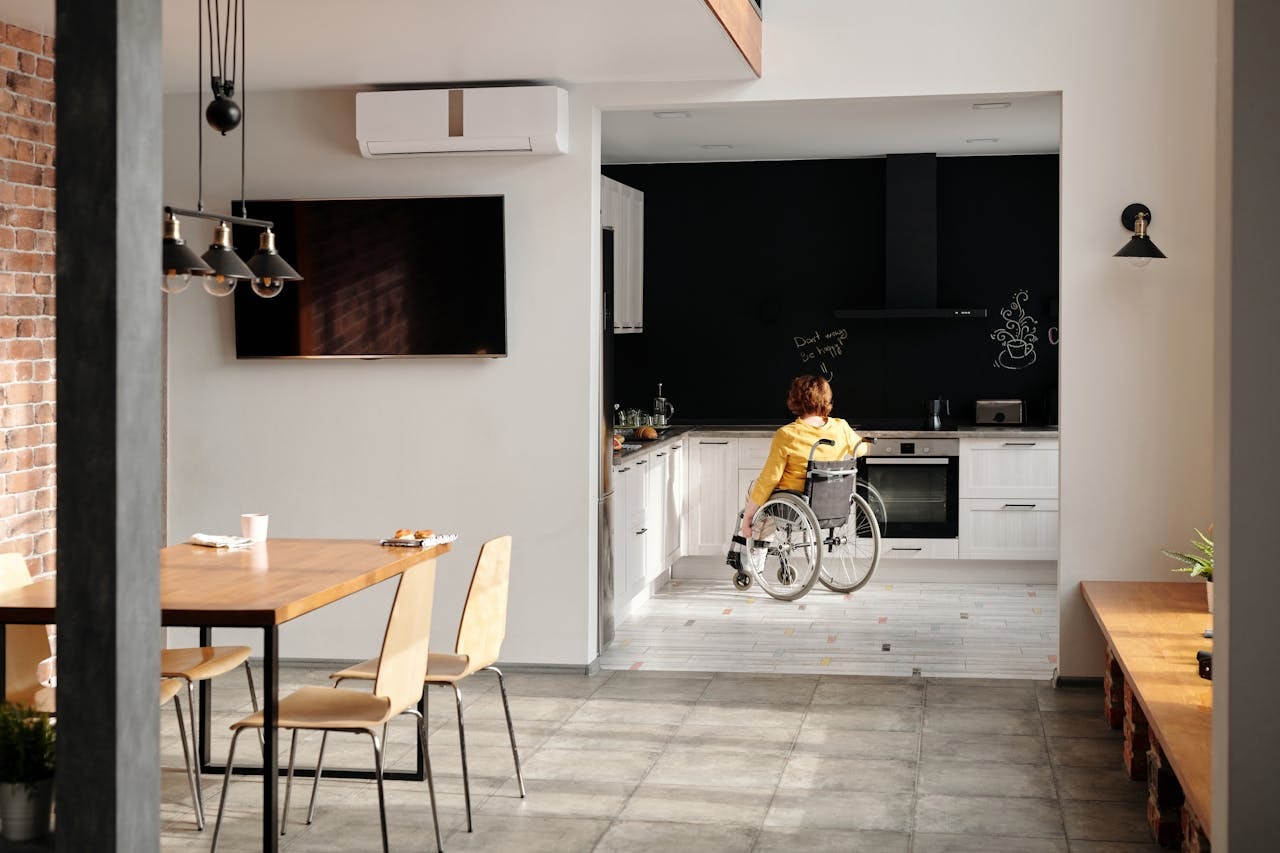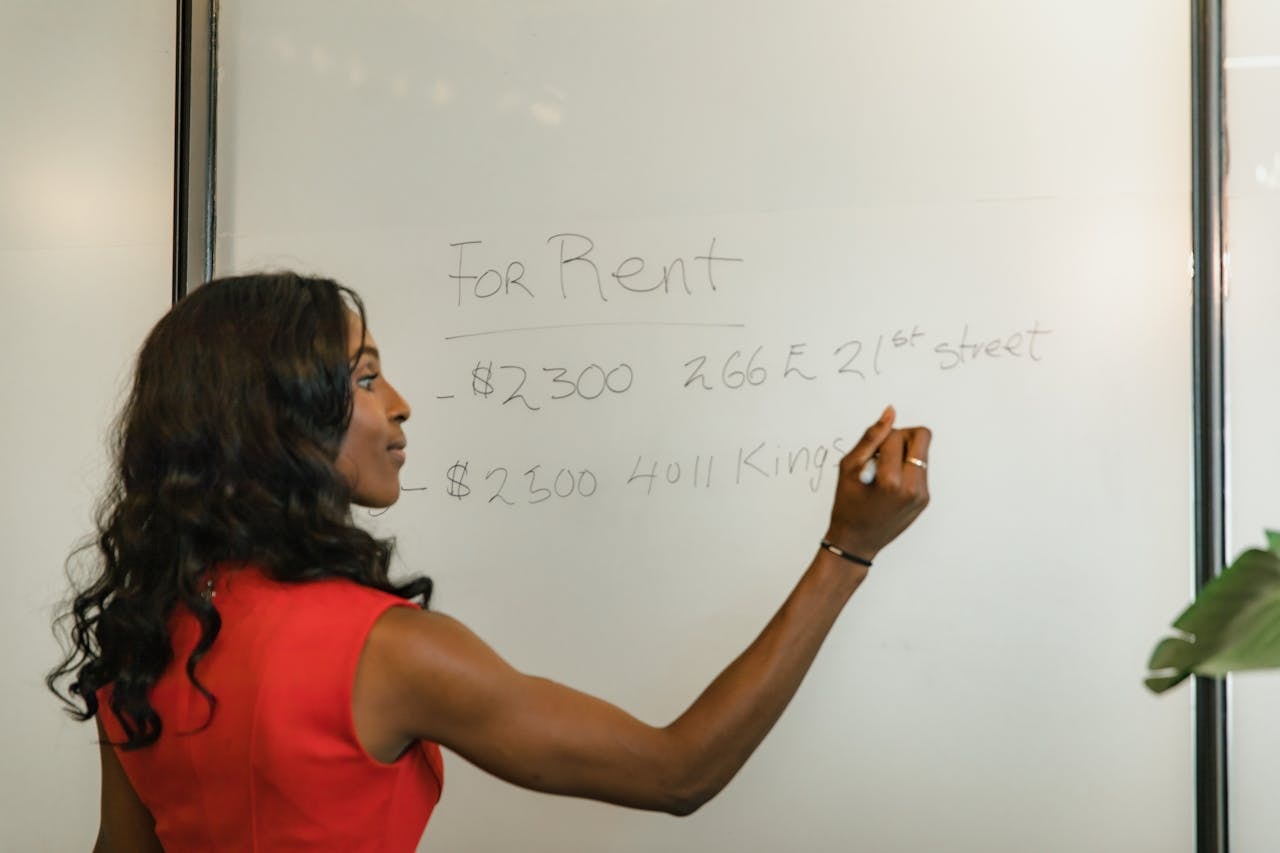Specialist Disability Accommodation (SDA) under the National Disability Insurance Scheme (NDIS) offers a life-changing opportunity for people with high support needs. However, one key concern for many participants and their families is the cost. Can SDA be affordable, and how do NDIS participants maximise their funding to ensure access to suitable housing? This guide will walk you through the ins and outs of making affordable Specialist Disability Accommodation NDIS a reality, shedding light on the funding, eligibility, and expert services that can help you along the way.
What Is Specialist Disability Accommodation (SDA)?

SDA refers to housing designed for those people living with very high support needs or extreme functional impairment. These dwellings are designed with features that provide comfort, safety, and accessibility. The NDIS offers SDA funding to eligible participants, aiming to enhance the quality of life for individuals who require specialised housing solutions.
Why Is SDA Important for People with High Support Needs?
SDA housing offers a tailored environment that empowers individuals to live independently or with appropriate support. It goes beyond standard housing by offering accessible features like wide doorways, accessible bathrooms, and assistive technology that helps with day-to-day tasks such as self-care. The primary goal is to enable individuals with disabilities to live safely and comfortably while maintaining their autonomy.
Making SDA Affordable with NDIS: A Step-by-Step Guide

1. Understand SDA Funding: How Does It Work?
SDA funding is part of your NDIS plan and is designed to cover the costs of building or modifying a dwelling to meet your specific needs. However, it’s important to understand that the NDIS does not enable people to pay rent directly. Instead, eligible participants pay a reasonable rent contribution, with the rest of the funding coming from the NDIS.
Eligible participants can use SDA funding to access housing that caters to different levels of physical access and accessibility, categorised into Design Categories like Fully Accessible, High Physical Support, and Improved Liveability. Knowing your eligibility and funding allocation is essential to making SDA affordable.
2. Eligibility for SDA: Who Can Access This Funding?
Not everyone on the NDIS is eligible for SDA. To qualify, you must have very high support needs or extreme functional impairment. This means you need significant assistance with daily living tasks and require a home that accommodates your significant physical impairment, or cognitive impairments.
Your NDIS Support Coordinator can help determine if you meet the criteria and assist with navigating the SDA eligibility process.
3. Types of SDA Homes: Find the Right Fit for You
SDA homes come in various forms, from group homes to specially designed apartments. It’s crucial to choose a home that meets your needs, based on factors such as accessibility and design category. SDA homes are specially designed house built to enhance improved liveability, with features tailored to support challenging behaviours, cognitive impairment, or physical impairments.
4. What SDA Costs Are Covered by the NDIS?
The NDIS covers most of the disability housing costs related to making a dwelling accessible. This includes reactive maintenance, physical access provision, and other structural adaptations. However, participants must still pay rent, which is calculated as a portion of your disability support pension or income. Additional costs, such as utilities and food, are also borne by the resident.
5. Maximise Your SDA Funding: Partner with a Registered SDA Provider
Choosing a registered SDA provider is essential for ensuring you get the best value from your funding. Registered providers like Re.Connect Support Services specialise in matching participants with suitable housing options that align with their needs and funding capacity. They also ensure that SDA dwellings meet SDA compliance and SDA rules, providing peace of mind for both participants and their families.
How to Make Specialist Disability Accommodation Affordable

6. Consider Shared Housing and Community Housing
One effective way to reduce the cost of SDA group home is to consider shared accommodation or community housing options. By sharing with other NDIS participants, the cost per resident is lower, making housing more affordable while still offering the necessary support. SDA group homes are designed to accommodate multiple residents while maintaining privacy and safety.
7. Explore SDA Pricing and Payment Plans
SDA funding is based on SDA pricing, which varies depending on the type of dwelling and level of support provided. Working with your SDA provider, you can explore different SDA properties and payment plans that suit your budget. Some providers also offer flexible rent structures or other supports to help manage personal costs.
8. Leverage Assistive Technology to Reduce Costs
Incorporating assistive technology into your SDA home can help reduce reliance on personal support workers, making housing more affordable. Devices such as automated door openers, voice-activated lighting, and smart home systems can assist with daily tasks, allowing individuals to maintain a higher level of independence.
Key Considerations for SDA Providers and NDIS Participants

9. Find SDA Vacancies Quickly
SDA vacancies can be competitive, so it’s essential to stay informed about availability. Using online resources like the Housing Hub, which lists available SDA properties, can help you find housing that meets your needs quickly.
10. Understand SDA Compliance and Design Categories
Working with SDA providers that meet SDA compliance is crucial. all SDA compliant, dwellings must adhere to specific design standards to ensure they cater to individuals with significant physical impairments or very high levels of support. Make sure your provider complies with the design categories laid out by the NDIS.
11. Consider Other Personal Costs Beyond SDA Payments
While the NDIS covers much of the cost of SDA housing, other personal costs like utilities, food, and transportation are not included in your funding. Planning for these expenses will help you manage your overall budget while living in an SDA home.
12. Stay Informed About SDA Rules and Funding Updates
SDA rules and funding structures can change over time. Staying updated on these changes, with the help of your support coordinator, ensures that you’re always maximising your funding and getting the best value from your SDA property.
Final Thoughts
Accessing affordable Specialist Disability Accommodation (SDA) under the NDIS is a life-changing opportunity for individuals with high support needs. While navigating the costs and funding options might seem overwhelming at first, understanding the key elements of SDA funding, eligibility criteria, and the various housing options can make a significant difference.
SDA funding is designed to ensure that individuals with very or high level of support needs or extreme functional impairments have access to homes that enhance their quality of life, promote independence, and provide safety. With the right planning, resources, and guidance from professionals like registered SDA providers, participants can secure SDA dwellings that meet their needs without exceeding their budget.
One of the most effective strategies for ensuring affordability is to work closely with an experienced SDA provider. A good provider can guide you through the eligibility process, assist with navigating the SDA market and pricing, and help find suitable housing options such as group homes or community housing. They can also ensure that your SDA dwelling is compliant with the NDIS design categories, providing you with peace of mind.
It’s also important to recognise the role of assistive technology and other supports, which can reduce personal care costs and help participants live more independently. By leveraging these technologies, participants can reduce their reliance on external support services and increase their autonomy in a home environment that’s specially designed for their needs.
Managing the personal costs that go beyond what the NDIS covers—such as rent, utilities, and daily living expenses—requires careful budgeting and planning. However, with the right approach, participants can achieve a balance between affordability and high-quality housing.
Ultimately, affordable specialist disability accommodation (NDIS) can significantly enhance the lives of individuals with disabilities, offering not only enhanced provision of a safe and accessible living environment but also the opportunity to thrive and live independently. The NDIS provides a range of housing options tailored to meet individual needs, and by fully utilising the available resources, participants can make the most of their funding.
For those seeking guidance on making SDA more affordable, the support of a knowledgeable Support Coordinator or SDA provider is invaluable. With the right team behind you, you can secure a home that meets both your needs and your budget.
At Re.Connect Support Services, we are committed to helping NDIS participants navigate the complexities of SDA funding, eligibility, disability support provider and housing options. As a registered SDA provider, we offer personalised support to help you find a home that meets your needs without compromising on affordability. Contact us today to learn how we can assist you in accessing affordable Specialist Disability Accommodation and other support services through the NDIS.
FAQs: Affordable Specialist Disability Accommodation (NDIS)
1. What is Specialist Disability Accommodation (SDA)?
SDA is housing designed for NDIS participants with extreme functional impairments or very high support needs, offering accessibility and safety features.
2. Who is eligible for SDA funding?
NDIS participants with very high support needs or extreme functional impairment are eligible, based on their NDIS plan.
3. How does SDA funding work?
NDIS covers the cost of SDA housing, while participants contribute a Reasonable Rent Contribution (RRC).
4. What types of SDA dwellings are available?
Options include fully accessible homes, improved liveability homes, robust homes, and group homes.
5. How can SDA be made more affordable?
Work with an SDA provider, use assistive technology, and explore shared housing options to reduce costs.


